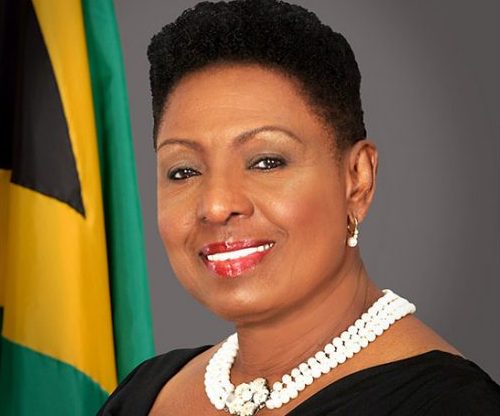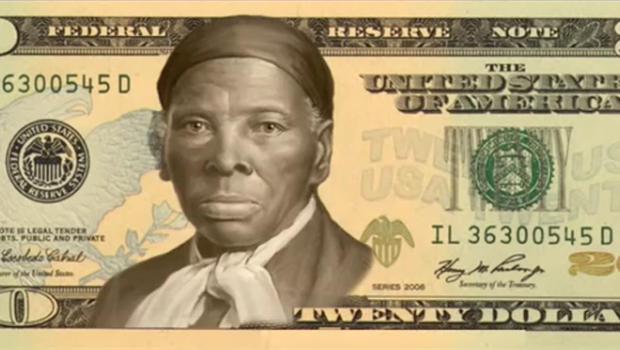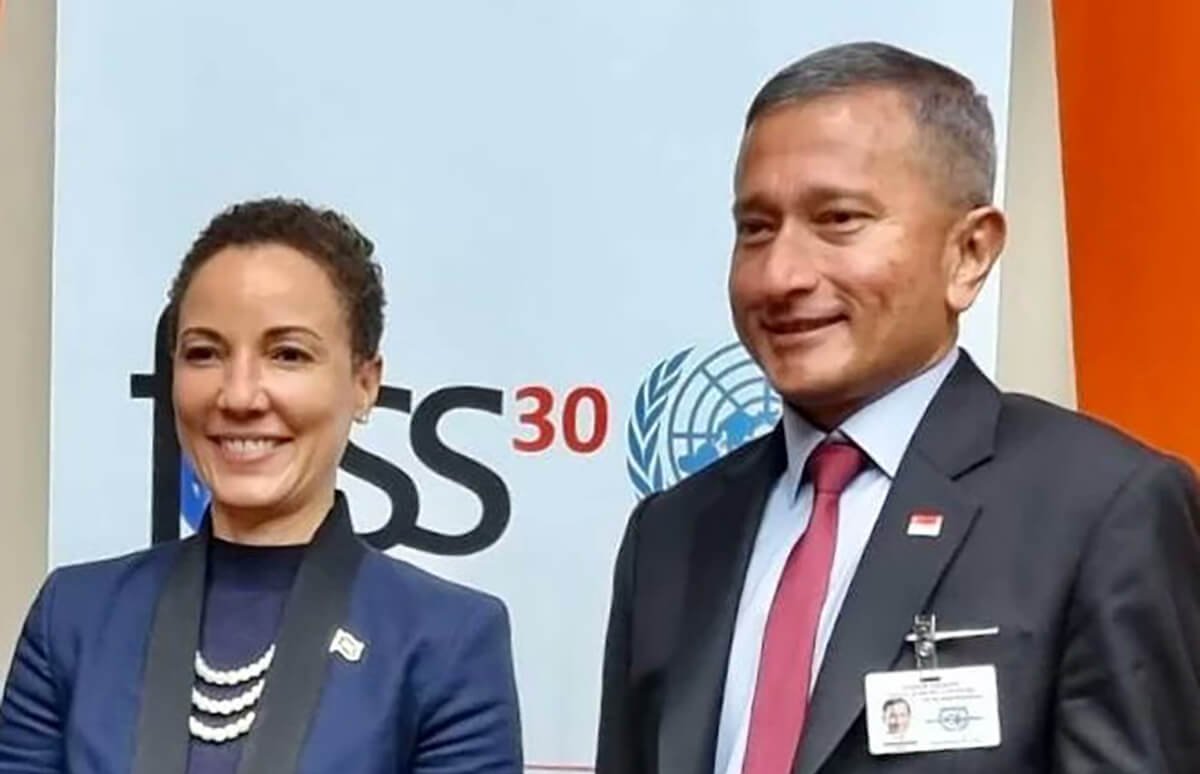Statement to Parliament by Hon. Olivia Grange on International Men’s Day
Mr Speaker, yesterday Jamaica joined several countries around the world in celebrating International Men’s Day.
The first International Men’s Day was observed in 1992. Each year more countries and people join the celebration as the world is growing to understand that although it might be a man’s world, there are many issues facing men that this celebration helps us to highlight and address.
Sometimes men’s issues do not get the requisite focus on the gender agenda, but we are working to change that. And the celebration of International Men’s Day is an opportunity to place men’s issue on the gender agenda while we reflect on the state of the Jamaican man — his health and wellbeing, his challenges and successes.
Mr Speaker, we can be proud of the positive value that our men bring to their families, communities and to our country each day. Mr Speaker, I’m sure the whole House will join me in commending our men, young and old, who continue to give of themselves in the building of our nation — they are the role models who we are happy to celebrate on International Men’s Day and every day.
But there are many others who are failing and need our intervention, Mr Speaker.
We lose too many of our men to gangs and violence; to homicides; to incarceration; to suicides; to homelessness and to preventable diseases such as prostate cancer.
The Men’s Desk which we established a few years ago in the former Bureau of Women’s Affairs has been expanded to the Men’s Department at the repurposed Bureau of Gender Affairs to give men support.
The Bureau is now a central point for information and advocacy — not only on women’s issues, but on men’s issues — including parenting, health, education and the unique role that men must play along side women in creating a harmonious society with gender equality. The House will note that International Men’s Day comes just before
International Children’s Day which is being celebrated today. We have long battled with the issues associated with single-parent households usually led by mothers. We recognise that we need men to teach the boys in their lives
the values, character and responsibilities of being a man; and to help their daughters to become fine, empowered young women. Children do better when mother and father actively participate in their lives. Through the Bureau, we have been conducting parenting seminars that target men in an effort to change entrenched behaviour that militate against good parenting. We are committed to giving our men the requisite support to perform their role as fathers. Yesterday, we launched the Positive Father Project, with the support of UNESCO, as one of our main activities for International Men’s Day.
Men must not only be seen as providers or disciplinarians in the family, they also have a critical role as nurturers. We want to boost the participation of fathers in the household, particularly in the nurturing of their children, and that
is why we are also championing the Paternity Leave policy through the Bureau of Gender Affairs. I invite men and women to participate in consultations today and during the next few months towards the development of the policy.
We are also concerned about our boys – their care, their health, and their underachievement in education. The underachievement of boys is an emotive topic for which several reasons have been put forward, including a culture
that positions education as ‘not cool for boys’.
In an attempt to address this, we have through the Bureau, engaged boys in sessions focusing on the notions of masculinity, gender socialisation, what it means to be male in the Jamaican society, what kind of behaviour is expected of them and how to overcome the negative stereotypes.
But men sometimes feel like masculinity itself is under attack. There is nothing wrong with being masculine. And it isn’t a bad thing to be a man.
However, there is toxic masculinity. The type that treats women as second class. The type that bullies and harasses. The type that does not take responsibility for children, family and society. International Men’s Day is about highlighting and encouraging positive masculinity and the positive male role models in our lives and society — men such as yourself, Mr Speaker, the male members of this House, and many others who bring value to family and country.
I commend this statement to the House, Mr Speaker




